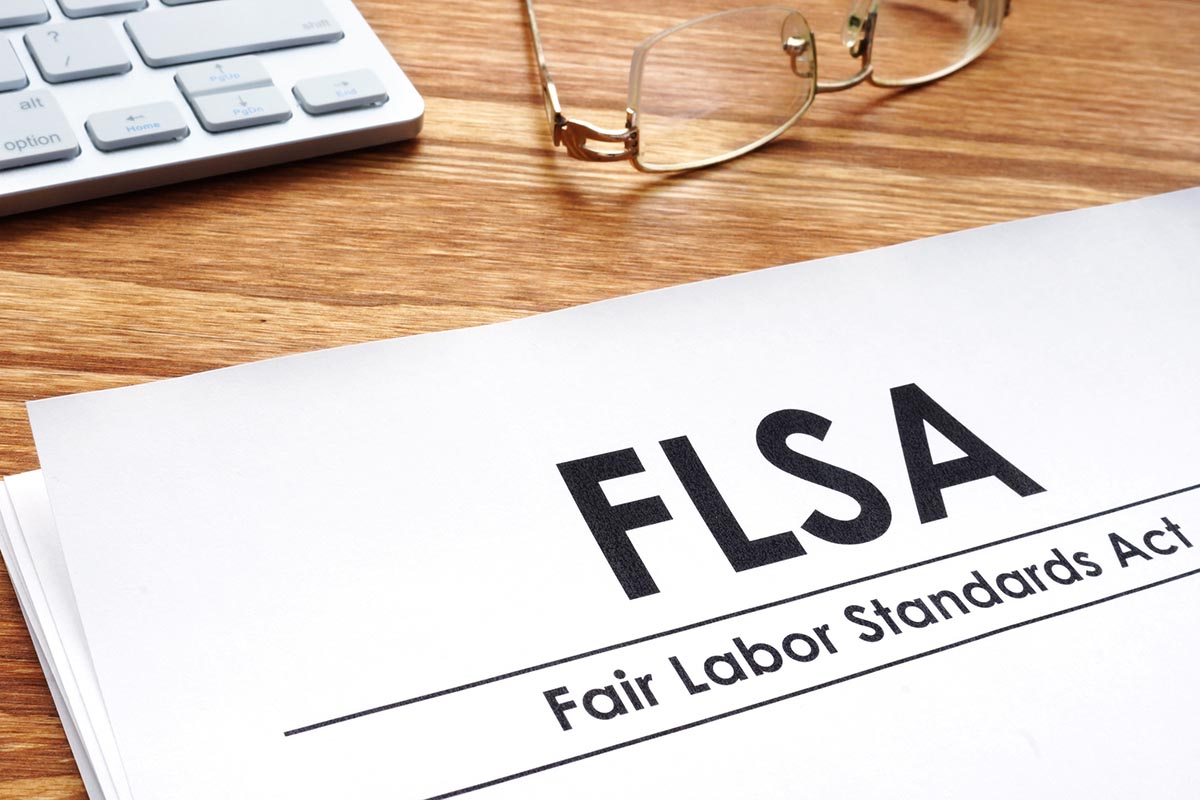Hiring Minors: A Comprehensive Guide for Employers
Last Updated on April 15, 2025
Child labor laws in the United States are designed to safeguard the educational opportunities and health of minors. The Fair Labor Standards Act (FLSA) administers the laws that regulate hiring minors at the federal level, ensuring minors are not employed under conditions detrimental to their well-being. Find a comprehensive overview of the key provisions in this blog post.
For updated information on child labor laws, click here.
Table of contents
FLSA Coverage and Scope
The FLSA’s child labor provisions apply to enterprises engaged in interstate commerce or producing goods for such commerce, with a few specific exceptions. Most notably, businesses with an annual revenue of at least $500,000 must comply. Certain institutions, including hospitals, schools, and government agencies, are covered regardless of revenue.
Age-Based Work Restrictions
When hiring minors, employers must follow the FLSA’s specific regulations on when they can work and what jobs they can perform as noted below:
- 18 and Older: No restrictions on jobs or hours.
- 16 and 17: Permitted to work any non-hazardous job without hour restrictions.
- 14 and 15: Allowed to work in specified non-manufacturing, non-mining, non-hazardous jobs with the following restrictions:
- No more than three hours on a school day, 18 hours in a school week, eight hours on a non-school day or 40 hours in a non-school week.
- May not begin work before 7 a.m. or work after 7 p.m., except from June 1 through Labor Day, when evening hours are extended until 9 p.m.
Prohibited Occupations
The Secretary of Labor has found that certain jobs are too hazardous for anyone under 18 years old to perform. There are also additional restrictions on where and in what jobs 14- and 15-year-olds can work. You can find detailed descriptions of these prohibited occupations on the Department of Labor website.
Recordkeeping and Compliance
Employers must maintain records of minors’ birth dates, work hours, and job details. Compliance with these regulations involves posting mandatory notices and keeping accurate employee records. Violations can lead to substantial fines and legal actions.
Penalties and Sanctions
Employers face a civil monetary penalty of up to $11,000 per worker for each child labor law violation. For violations after May 21, 2008, resulting in the death or serious injury of a minor employee, the penalty is $50,000, which can double to $100,000 for willful or repeated violations. Employers can file an exception to the penalty determination within 15 days of receiving notice, leading to a hearing by an Administrative Law Judge (ALJ). Decisions by the ALJ can be appealed to the Department of Labor’s Administrative Review Board. If no exception is filed within 15 days, the penalty becomes final.
Additionally, willful violations can incur a criminal fine of up to $10,000. A second willful violation can lead to a fine of up to $10,000 and/or imprisonment for up to six months. The Secretary of Labor may also seek injunctions to prevent violations of the Act.
State-Specific Requirements When Hiring Minors
Child labor laws when hiring minors can vary significantly by state, with some states imposing stricter regulations than federal law. Employers must adhere to the stricter standard between state and federal laws. Key variations include maximum daily and weekly hours, nightwork restrictions, and specific exemptions. Read a summary of selected state child labor standards.
It is important that employers stay informed of the specific regulations in their state to ensure compliance and avoid the risk of substantial penalties.
Resources and Compliance Assistance For Hiring Minors
The Department of Labor offers various tools and resources to assist employers in complying with child labor laws. These include the Fair Labor Standards Act (FLSA) Child Labor Rules Advisor, detailed recordkeeping fact sheets, and industry-specific compliance materials.
Stay Compliant When Hiring Minors
Child labor laws are vital in ensuring the safety and well-being of minors in the workforce. Employers must navigate both federal and state-specific regulations to comply fully. Understanding these laws not only protects young workers but also shields businesses from potential legal issues and fines. By staying informed and adhering to the stricter standards of state or federal law, employers can contribute to a safer, more ethical workplace.
How MyHRConcierge Can Help
MyHRConcierge can help employers stay compliant when hiring minors by providing tailored HR solutions and guidance. By leveraging MyHRConcierge’s expertise, employers can ensure they adhere to all legal requirements, avoid costly fines and create a safe work environment for young employees. Contact us today at 855-538-6947 ext 108, ccooley@myhrconcierge.com or schedule a convenient consultation below:

